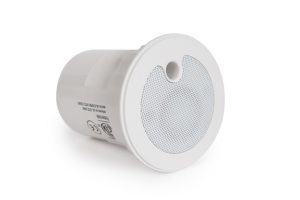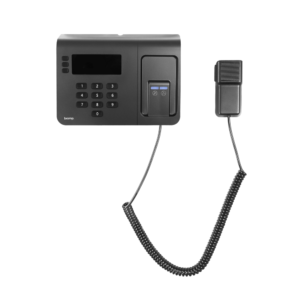1) Your private office got bull-dozed. In the course of my day I hear from facility managers and executives that private offices are being replaced with open office space to boost collaboration. Well, that’s great, unless you actually wanted to have a private conversation with vendors, a team member, or your spouse. Today it’s a reality that many employees, regardless of seniority, will often not have a truly private office to call home.
2) Your cubicle walls are crumbling down. Seven foot cubicle walls are also going the way of the Hummer and Crumbs (I still love cupcakes). In-fashion now, ultra-low partitions, as low as 6 inches on “benches” are replacing the traditional cubicle, which, as much as we hated it, at least attempted to absorb your co-workers conversation about his trip to Amsterdam.
3) Glass and walls aren’t built the way they used to be. Got an all-glass conference room? It looks great in your new company brochure, but unfortunately conversations seep over, through, and under most new glass conference room walls which are typically not sealed effectively and provide zero sound absorption. Even drywalls in most conference rooms, made from lighter weight materials and with modular construction, are more for visual privacy then speech privacy.
4) Your team is growing, but your office isn’t. I’ve heard from real estate executives, office admins, and facility managers that companies in 2014 are fitting about 20% to 30% more employees in their office spaces, without expanding their square footage. While that’s good news for the real estate budget ,more people in a smaller space = more conversations in a smaller space.
5) You just want some peace. Sound masking is obviously not a cure-all, but it has been proven in many research studies to reduce noise distractions and protect speech privacy, which boosts productivity and general acoustic comfort. It’s an affordable and pretty much invisible solution to help workers feel more comfortable in the office, without prohibiting collaboration or communications.
To learn if sound masking is a good fit for your office visit cambridgesound.com.





